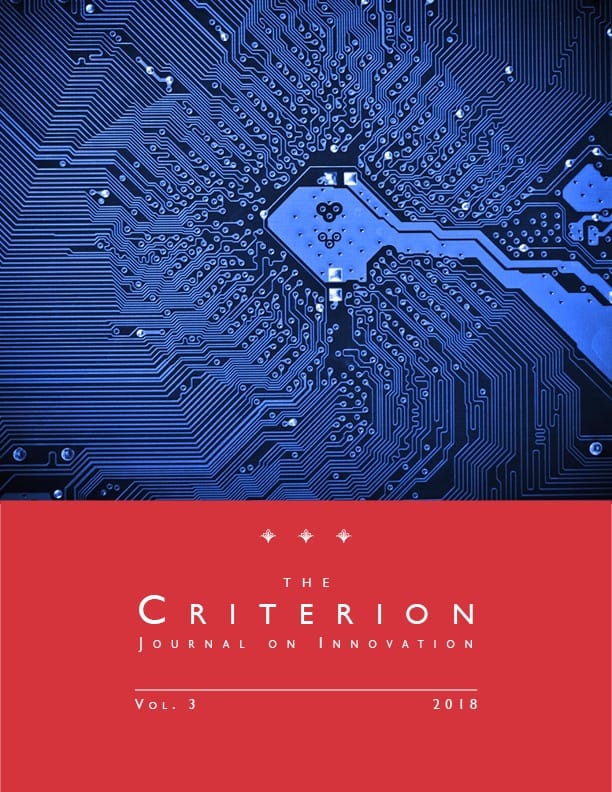Is Professor Salop Right That Judge Leon Bungled United States v. AT&T?
Janusz A. Ordover, J. Gregory Sidak & Robert D. Willig
Purchase a reprint version of the Article (Amazon)
|
Read the Article (PDF)
|
Download the Article (PDF)
Download the Article (PDF)
In his forthcoming article, The AT&T/Time Warner Merger: Judge Leon Garbled Professor Nash, Professor Steven Salop attempts but fails to cast doubts on Judge Leon’s decision dismissing the government’s challenge to the proposed merger of AT&T and Time Warner. He echoes the government’s argument on appeal that Judge Leon’s reasoning is illogical, that it failed to understand the Nash bargaining model, that he weighed the industry testimony incorrectly, that he should have taken long blackouts into account as credible threats, and that the diversion rates driving Professor Shapiro’s model are sufficiently probative. To these economic criticisms, Professor Salop adds the psychological conjecture that Judge Leon succumbed to confirmation bias. Is such speculation the future of merger enforcement? We hope not. Confining our analysis to economics, we show that a close reading of Judge Leon’s reasoning confirms that he did understand the Nash bargaining model, including the premise that the fallback option must be credible to be effective in influencing the negotiated outcome. That close reading also confirms that Judge Leon found that the results of the government’s model turn sensitively on the values of the inputs used to run the model and that, accordingly, he understood that, with unreliable estimates of those inputs, the model cannot support a reliable inference of competitive harm. Judge Leon also found that the reliability of the government’s model was further undercut by its inconsistency with testimony on how real-world industry bargaining works, and on the actual observed effects of past vertical integration in the industry. Against this background, there is no basis from settled economic principles or practice to conclude, as Professor Salop does, that Judge Leon’s findings regarding the relevance and reliability of the government’s proffered evidence were clearly erroneous. Given the facts and testimony presented in the opinion, Judge Leon reasonably concluded that the government failed to meet its burden of proof.

Cite as
Janusz A. Ordover, J. Gregory Sidak & Robert D. Willig, Is Professor Salop Right That Judge Leon Bungled United States v. AT&T?, 3 Criterion J. on Innovation 249 (2018).
The late Janusz A. Ordover (1946–2021) was Professor of Economics Emeritus at New York University. He served as the Deputy Assistant Attorney General for Economics in the Antitrust Division of the U.S. Department of Justice under President George H. W. Bush. Professor Ordover was an adviser to the Organization for Economic Co-operation and Development (OECD) in Paris, the World Bank, and the Inter-American Bank for Development on matters of privatization, regulation, international trade policy, and competition policy. He advised the governments of Poland, the Czech Republic, Russia, Hungary, Argentina, and others on regulation and competition matters, as well as on privatization strategies. He published many articles in economics and law journals on various antitrust issues, including predation, access to bottleneck facilities, vertical integration, and the overlap between intellectual property rights and competition policy. He received a B.A. from Warsaw University and a Ph.D. in economics from Columbia University.
J. Gregory Sidak is the chairman of Criterion Economics. He testifies as an expert economic witness in complex business disputes throughout the Americas, Europe, Asia, and the Pacific, and he has twice served as Judge Richard Posner’s court-appointed neutral economic expert on patent damages. Sidak held the Ronald Coase Professorship of Law and Economics at Tilburg University in The Netherlands and the F.K. Weyerhaeuser Fellowship in Law and Economics at the American Enterprise Institute for Public Policy Research. He has also been a senior lecturer at the Yale School of Management and a visiting professor at Georgetown University Law Center. Sidak received A.B. and A.M. degrees in economics and a J.D. from Stanford University. He was Judge Posner’s first law clerk, served on the senior staff of the Council of Economic Advisers in the Executive Office of the President, and was deputy general counsel of the Federal Communications Commission. Sidak has published six books and roughly 200 articles or book chapters. The Supreme Court of the United States, the Supreme Court of Canada, the European Commission, state supreme courts, the U.S. Courts of Appeals, and many other courts and regulatory bodies have cited his writings approvingly.
The late Robert D. Willig (1947–2022) was Professor Emeritus of Economics and Public Affairs at the Woodrow Wilson School and the Economics Department of Princeton University. Before his 38 years teaching at Princeton, Professor Willig was a Supervisor in the Economics Research Department of Bell Laboratories. His teaching and research specialized in industrial organization, the relationship between government and business, and welfare theory. Professor Willig served as Deputy Assistant Attorney General for Economics in the Antitrust Division of the Department of Justice from 1989 to 1991. He authored Welfare Analysis of Policies Affecting Prices and Products (Garland Press 1980), Contestable Markets and the Theory of Industry Structure (with William J. Baumol and John C. Panzar) (Harcourt Brace Jovanovich 2d ed. 1989), and many articles in the American Economic Review, the Bell Journal of Economics, Econometrica, the Harvard Law Review, the Journal of Finance, the Journal of Law & Economics, the Journal of Political Economy, the Quarterly Journal of Economics, the Yale Law Journal, and other journals. Professor Willig was co-editor of The Handbook of Industrial Organization (North Holland Press 1989), and he served on the editorial boards of the American Economic Review, the Journal of Industrial Economics, and the MIT Press Series on Regulation. He was an elected Fellow of the Econometric Society. He received a Ph.D. in economics from Stanford University in 1973, an M.S. in operations research from Stanford in 1968, and an A.B. in mathematics from Harvard University in 1967.

